
Astronomers at MIT have discovered a rocky exoplanet orbiting the bright K-dwarf star BD+05 4868A and observed variable transit depths that are characteristic of comet-like tails.

The fact that this bacteria so closely resembles that transition point, from two single cells with different genetics to one inseparable cluster, is fascinating: embryo comparisons have provided many clues about our evolutionary history.

In a new image from NASA’s James Webb Space Telescope, a galaxy named for its resemblance to a broad-brimmed Mexican hat appears more like an archery target.
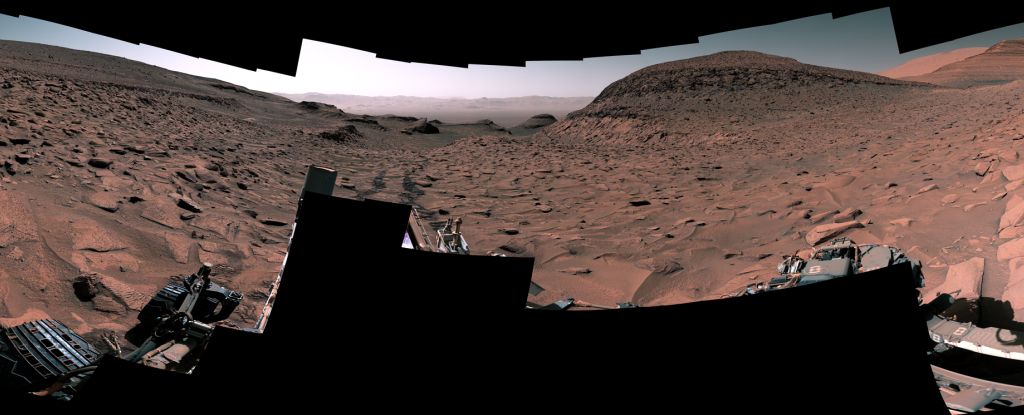
A surprise discovery in Gale Crater is the component that was missing in the puzzle of Mars's climate history.
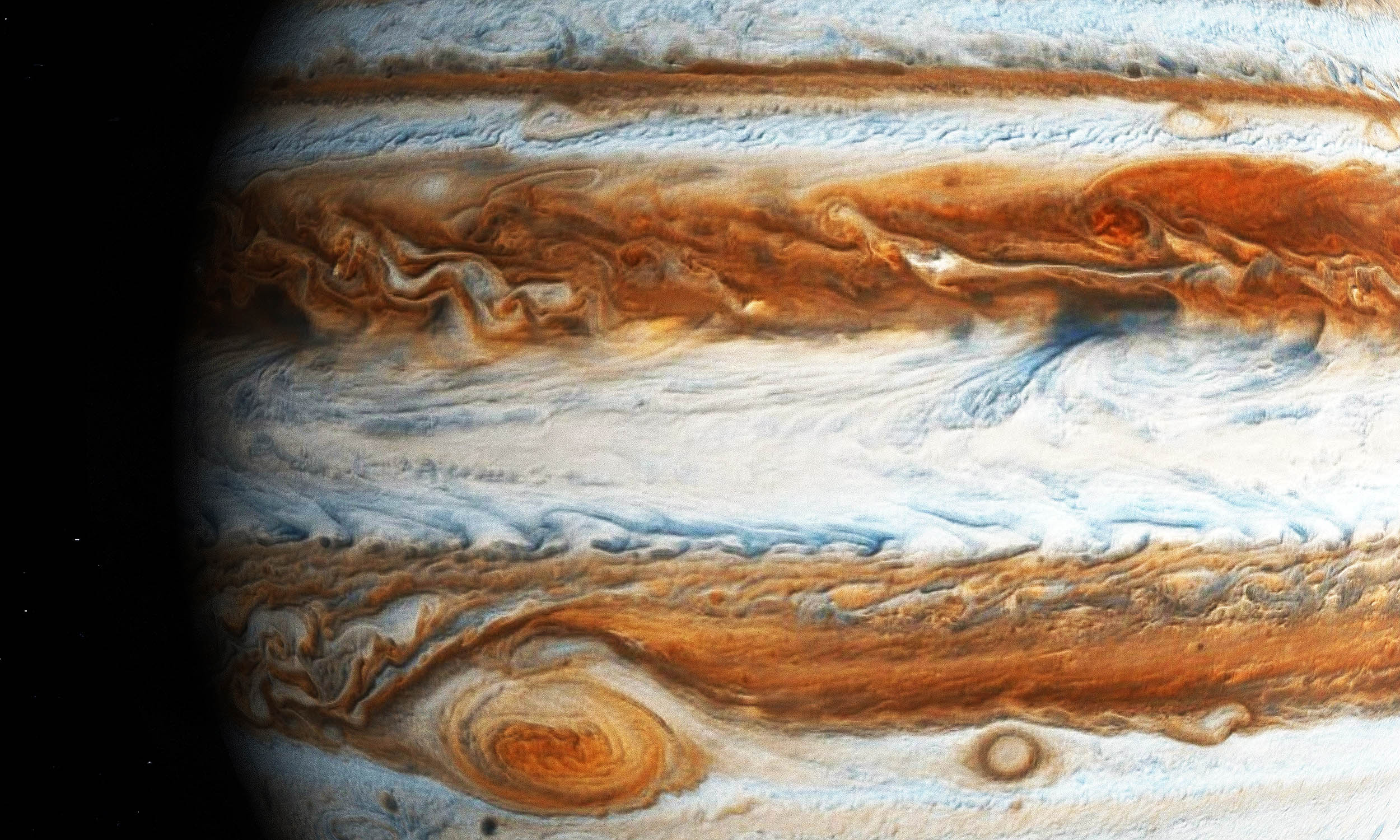
Slushy hail, made of water and ammonia, may form during lightning-packed storms, giving researchers fresh clues about what lurks beneath the planet’s colorful cloud tops.

A new analysis of the sky has finally confirmed where the missing half of the Universe's visible matter has been hiding.

A global study of over 66,000 people reveals that susceptibility to misinformation varies across age, gender, education, and political ideology.
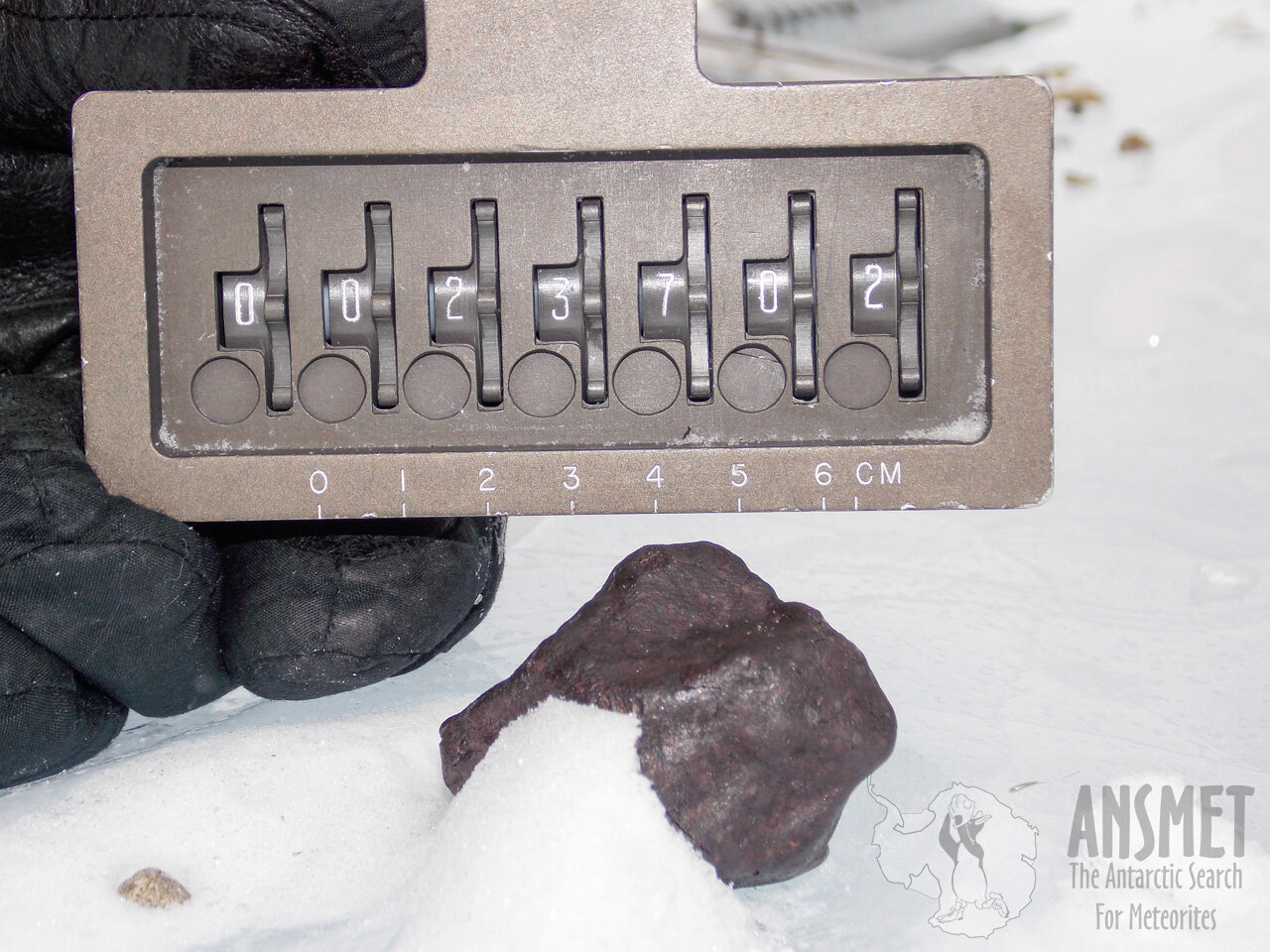
Using a rare type of meteorite, enstatite chondrite, which has a composition analogous to that of the early Earth - researchers have found a source of hydrogen which would have been critical for the formation of water molecules.

Since the James Webb Space Telescope (JWST) began science operations, astronomers have observed galaxies that existed more than 13 billion years ago.

Four large language models (LLMs) were put through the Turing test. One model – OpenAI's GPT-4.5 – was deemed indistinguishable from a human more than 70% of the time.
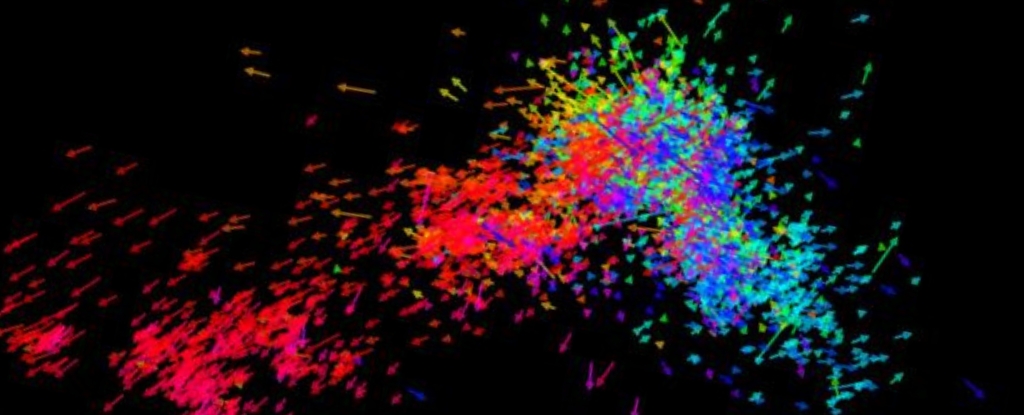
A team of researchers at Nagoya University has discovered evidence that the Small Magellanic Cloud is potentially being torn apart by gravitational forces from its larger companion.
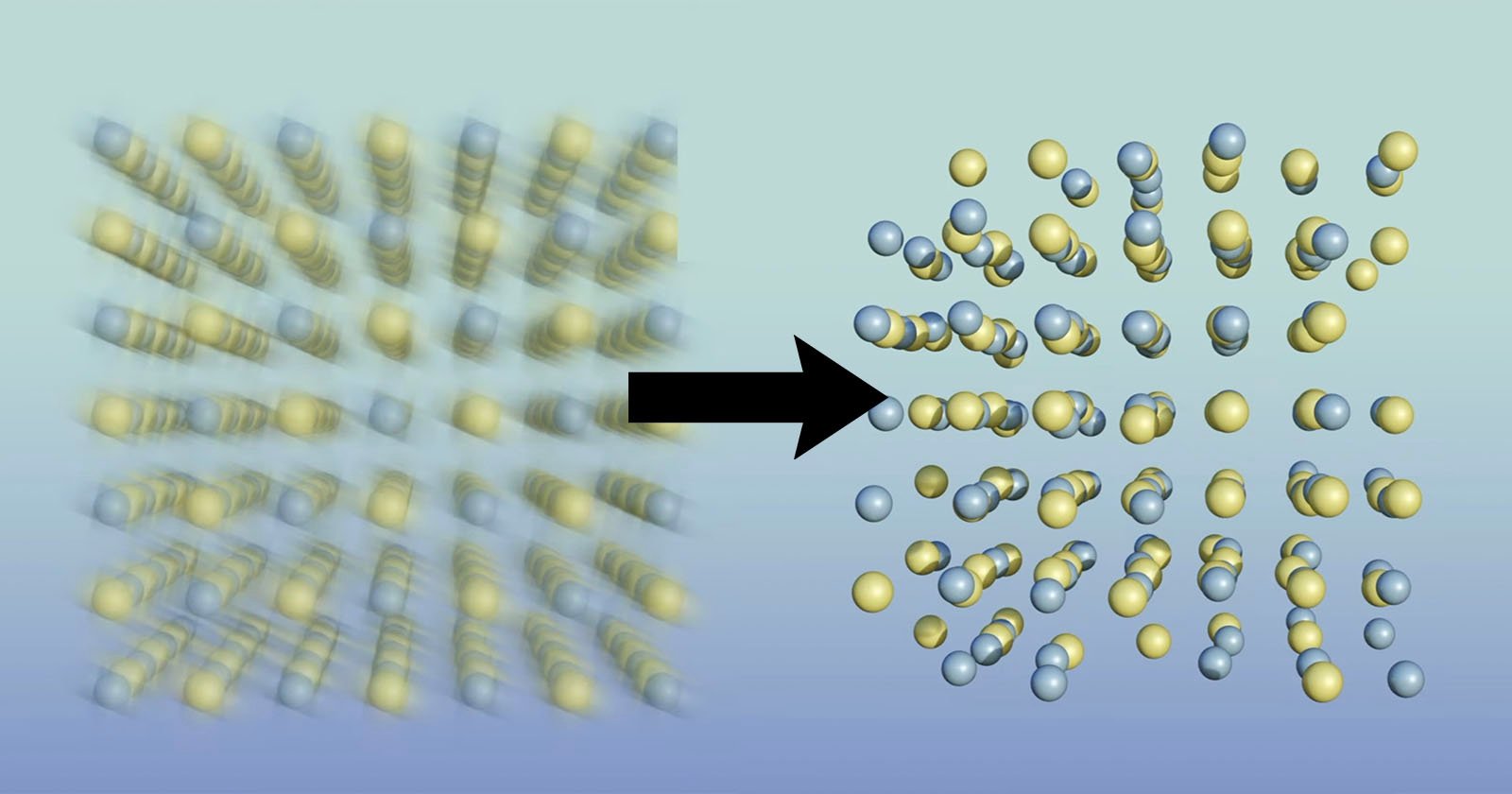
Researchers have created a new camera that features a shutter speed so fast, it can see atomic structures without blur.
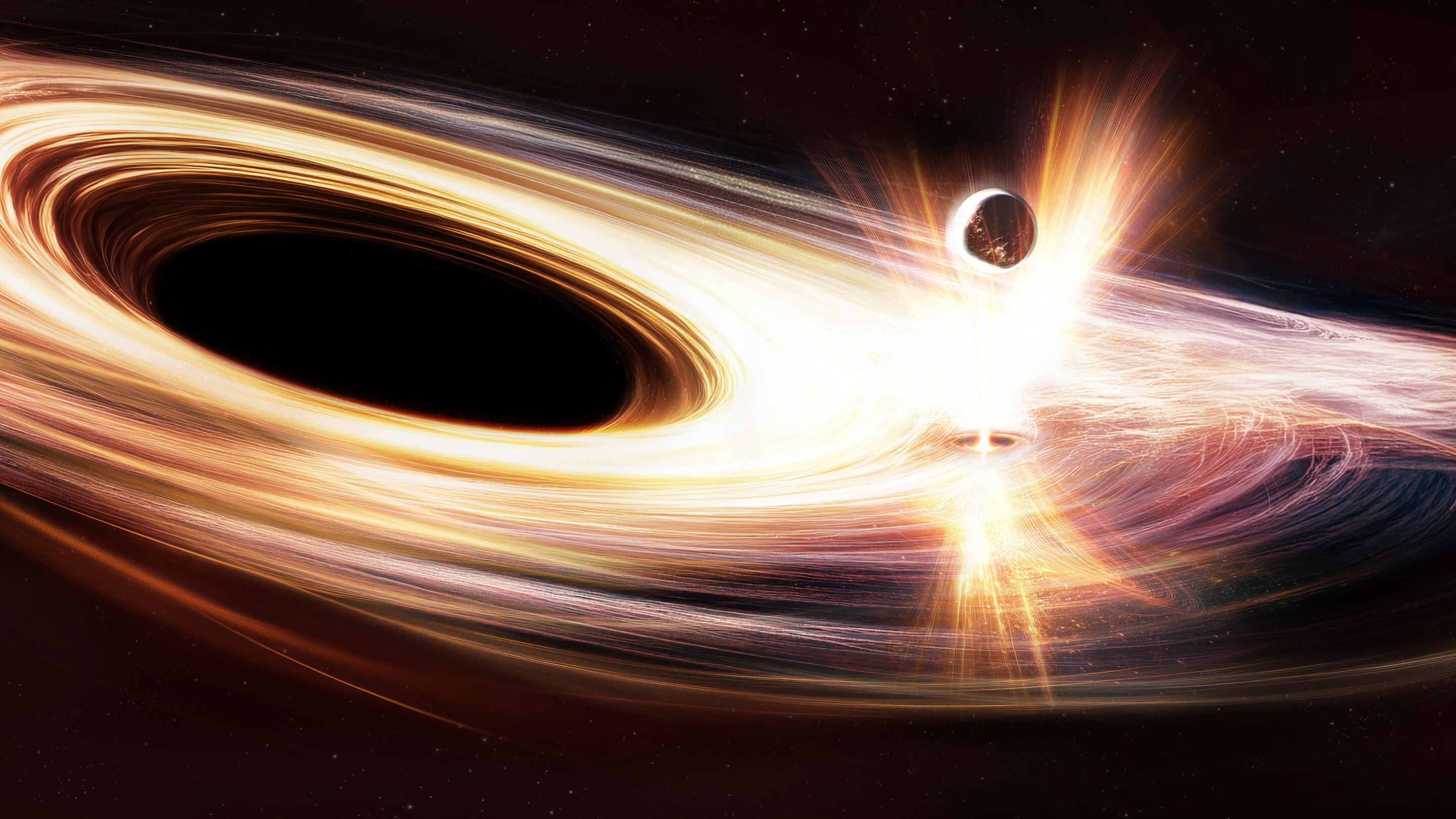
A massive black hole at the heart of a galaxy in the Virgo constellation is waking up, shooting out intense X-ray flares at regular intervals that have puzzled scientists

Japanese researchers have made a compelling case that Earth’s oceans were once green, in a study published in Nature.

Europe experienced its warmest March since records began, as climate change continues to push temperatures to unprecedented levels, European Union scientists said on Tuesday.